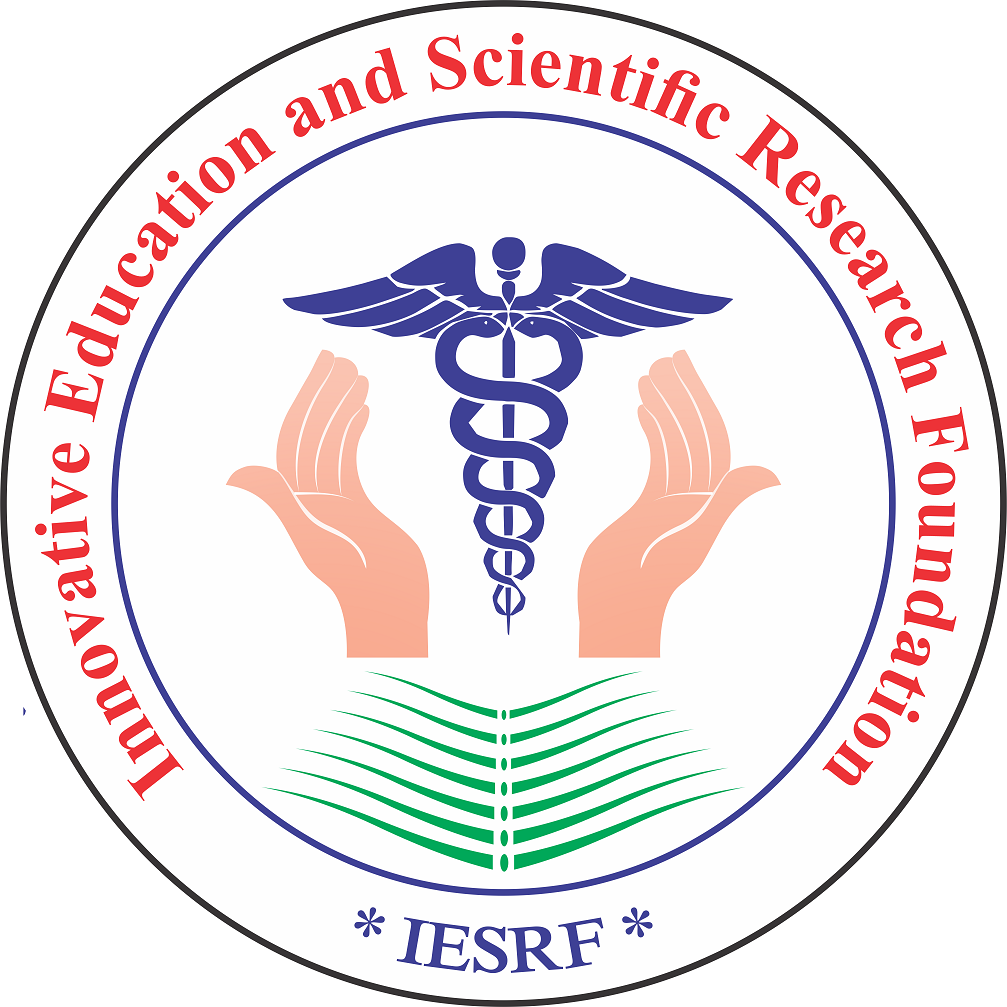- Visibility 182 Views
- Downloads 282 Downloads
- DOI 10.18231/j.ijcap.2025.011
-
CrossMark
- Citation
Intracellular trafficking in pathophysiological conditions
Intracellular trafficking is a highly complex network process by which protein and lipid movement occurs within the cell. This mechanism is essential for controlling cellular processes, maintaining metabolic homeostasis, and ensuring membrane integrity. Disruptions in trafficking can cause cellular malfunction and contribute to the development of a variety of pathological diseases. This paper tries to outline current knowledge of intracellular trafficking and its relationship to illness. The paper focuses on how changes in trafficking processes can result in a variety of pathological conditions. For example, neuroinflammation is a major component of Alzheimer's disease, and genetic variations such as TREM2 have been related to the condition. The endoplasmic reticulum (ER) also plays an important role in protein production, notably the creation of Na, K-ATPases. When ER trafficking is disturbed, protein misfolding occurs, which increases ER stress and speeds up disease development. Furthermore, mitochondrial dysfunction is a major contributor to neurodegenerative disorders. Impaired mitochondrial transport and energy generation worsen cellular damage and contribute to the development of these diseases. This paper provides readers with a better knowledge of how disruption in intracellular trafficking pathways might contribute to the beginning and progression of many illnesses, as well as possible therapeutic targets for intervention.
Keywords: Trafficking, Neuroinflammation, Alzheimer’s, ER stress, Mitochondria, Therapy.
How to Cite This Article
Vancouver
Paria A, Khatun R, Sengupta S, Bhattacharya M. Intracellular trafficking in pathophysiological conditions [Internet]. Indian J Clin Anat Physiol. 2025 [cited 2025 Sep 06];12(2):42-51. Available from: https://doi.org/10.18231/j.ijcap.2025.011
APA
Paria, A., Khatun, R., Sengupta, S., Bhattacharya, M. (2025). Intracellular trafficking in pathophysiological conditions. Indian J Clin Anat Physiol, 12(2), 42-51. https://doi.org/10.18231/j.ijcap.2025.011
MLA
Paria, Anuradha, Khatun, Rojina, Sengupta, Sudeshna, Bhattacharya, Malavika. "Intracellular trafficking in pathophysiological conditions." Indian J Clin Anat Physiol, vol. 12, no. 2, 2025, pp. 42-51. https://doi.org/10.18231/j.ijcap.2025.011
Chicago
Paria, A., Khatun, R., Sengupta, S., Bhattacharya, M.. "Intracellular trafficking in pathophysiological conditions." Indian J Clin Anat Physiol 12, no. 2 (2025): 42-51. https://doi.org/10.18231/j.ijcap.2025.011
